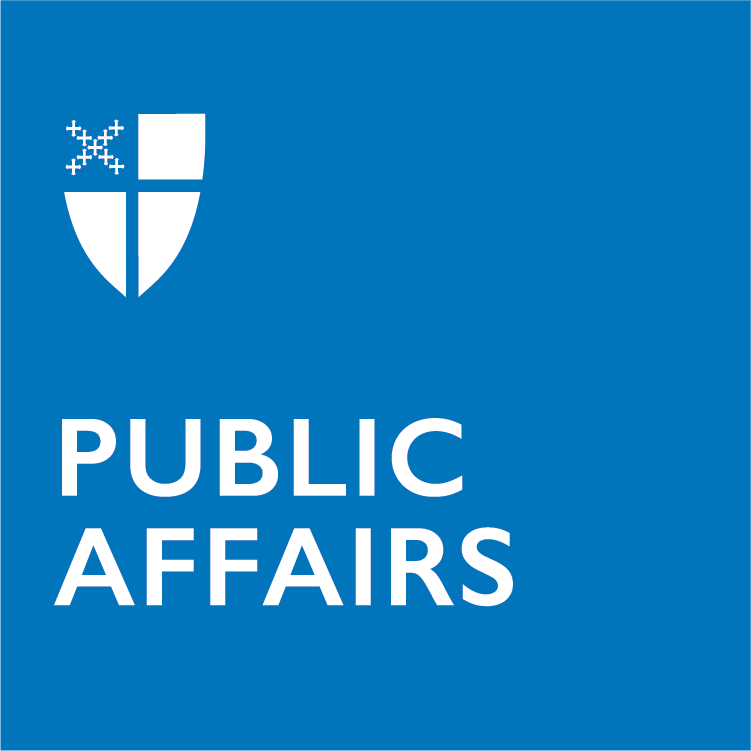The application process is now open for the Constable Fund Grants for the 2016-2017 cycle.
The Constable Fund provides grants to fund mission initiatives that were not provided for within the budget of The Episcopal Church, as approved by General Convention 2015.
The Rev. Tanya Wallace, Executive Council member from the Diocese of Western Massachusetts and chair of the Constable Fund Grant Review Committee, noted recent Constable Grants have ranged from $5,000 to $200,000
Applications can be submitted by: (1) a program office of the Episcopal Church; (2) one of the interim bodies of General Convention; or (3) one of the Provinces of the Episcopal Church.
Specific guidelines, suggestions, application form and timetable are available here
Deadline for applications is November 1. Grants will be reviewed by the Executive Council Constable Fund Grant Review Committee and recommendations will be presented to the Executive Council for action at its February 2017 meeting. Recipients will be notified at the close of that meeting.
For more information contact Wallace at revtrwallace.gc@gmail.com, or the Rev. Canon Michael Barlowe, Executive Officer of General Convention, gcsecretary@episcopalchurch.org.
Named for Miss Constable
The Constable Grants were named for Miss Marie Louise Constable, who was a visionary philanthropist. In 1935, in the midst of the Great Depression, Miss Constable made a monetary gift to the Episcopal Church to establish the Constable Fund. Her desire and intent to add periodically to the fund during her lifetime was realized and culminated with a very generous final gift at the time of her death in 1951. The language of Miss Constable’s will states that the fund exists “in perpetuity … to apply the net income for the purposes of the Society, preferably for the work in religious education not provided for within the Society’s budget.”
Está abierto el proceso de solicitud de becas del Fondo Constable de la Iglesia Episcopal
La fecha límite es 1 de noviembre
August 8, 2016
El proceso de solicitud está abierto para las becas del Fondo Constable para el ciclo 2016-2017.
El Fondo Constable ofrece becas para financiar iniciativas de misión que no estuvieron previstas en el presupuesto de la Iglesia Episcopal, tal como fue aprobado por la Convención General del 2015.
La Revda. Tanya Wallace, miembro del Consejo Ejecutivo de la Diócesis de Massachusetts Occidental y presidente del Comité de Revisión de Becas del Fondo Constable, señaló que las últimas becas Constable han oscilado de 5,000 a 200,000 dólares.
Las solicitudes pueden ser presentadas por: (1) una oficina de programas de la Iglesia Episcopal; (2) uno de los órganos provisionales de la Convención General; o (3) una de las provincias de la Iglesia Episcopal.
Las pautas específicas, sugerencias, formulario de solicitud y el calendario están disponibles aquí
La fecha límite para las solicitudes es el 1 de noviembre. Las becas serán revisadas por el Comité de Revisión de Becas del Fondo Constable del Consejo Ejecutivo y las recomendaciones serán presentadas al Consejo Ejecutivo para tomar una decisión en su reunión de febrero del 2017. Los beneficiarios serán notificados en la clausura de la reunión.
Para obtener más información contacte a Wallace en revtrwallace.gc@gmail.com o al reverendo Canónigo Michael Barlowe, Oficial Ejecutivo de la Convención General, gcsecretary@episcopalchurch.org.
Llamado así por la señorita Constable
Las Becas Constable fueron nombradas por la señorita Marie Louise Constable, que era una filántropa visionaria. En el 1935, en medio de la Gran Depresión, la señorita Constable hizo un regalo monetario a la Iglesia Episcopal para establecer el Fondo Constable. Su deseo e intención de añadir periódicamente al fondo durante toda su vida se llevó a cabo y culminó con un último regalo muy generoso en el momento de su muerte en el 1951. El lenguaje del testamento de la señorita Constable afirma que el fondo existe “a perpetuidad… para aplicar los ingresos netos para los fines de la Sociedad, con preferencia para el trabajo en la educación religiosa no previsto en el presupuesto de la Sociedad”.
